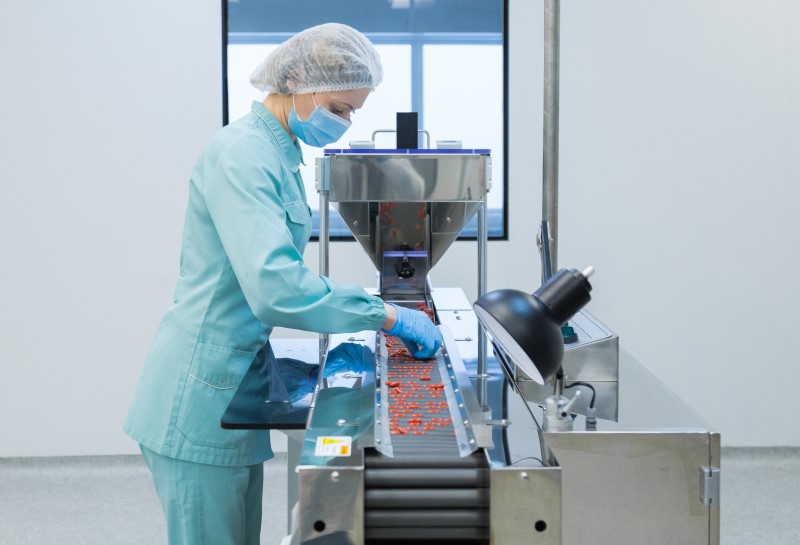5 Things to Look for When Buying Used Food Processing Equipment

Buying used commercial kitchen equipment is not only cost-effective but also expands your production line, especially if you are in a start-up model. But while the price may look appealing, don’t let the tag on the commercial equipment fool you in terms of machinery long-term value, money return and investment. The reliability and compliance of the commercial kitchen are one thing, but used equipment can also be outdated in terms of software or model.
If you are not a pro in buying used commercial equipment, then here are the essential factors to consider before making any purchase.
1: Equipment Condition and Age
One should know better that a shiny exterior doesn’t always mean a healthy interior. Always inspect the physical condition of the equipment for signs of rust, dents and missing components. You should ask about the number of operating hours, review maintenance records and see how well the machinery was kept.
Remember a well-kept and maintained unit can be useless if it’s too old or outdated in technology.
2: Compliance with Food Safety Standards
Outdated or poorly maintained machines can become liabilities if they don’t meet current food safety regulations. Sanitation starts with smart design of machines and their production to make the food safe. If so, you need to ensure that all equipment is compliant with industry standards such as FDA, USDA or your local regulatory authority. Even used machines should be asked how they are meeting the hygiene standards to avoid any future compliance issues and costly fines.
One should know better that penalties and recalls cost much more than a good piece of equipment.
3: Compatibility with Your Existing Line
Just going ahead and buying a machine doesn’t mean it is good functionally with your current equipment and commercial kitchen requirements. It is important to note if the commercial equipment will play nicely with your existing setup or double-check with sizing, software and compatibility. One mismatch can throw off your entire operation and add unexpected installation costs. Always assess whether the equipment can be integrated smoothly with your current equipment or needs additional modifications.
4: Technical Support and Spare Parts
Having second-hand equipment can be easy. However, maintaining used equipment is further difficult, especially when the equipment is a rare machine and its spare parts are hard to find. It is always recommended to check with the manufacturers if the equipment is still in support or the model is not totally outdated. The availability of spare parts at a reasonable price and within the local market with technicians on hand is good. Your operation in the commercial kitchen depends on it.
5: Reputation of the Seller
The seller’s reliability is just as important as the equipment itself. A reputable dealer beats a risky deal every time. It is better to do homework or check online what the status of the seller is and cross-verify the return policy. Equipment may look good in photos, but without a trusted seller, it is a gamble.
Your Trusted Commercial Kitchen Equipment Seller: M&M Equipment
You may need 1 piece of equipment or several depending on the business needs. It is essential to choose wisely. By looking beyond the surface and evaluating conditions, compatibility, support and compliance, your equipment can bring positive investment to your business.
M&M Equipment stands as a hallmark in used commercial kitchen equipment for decades. So, if you are looking for reliable and credible smart investment, M&M is your trusted dealer, available for your service.
